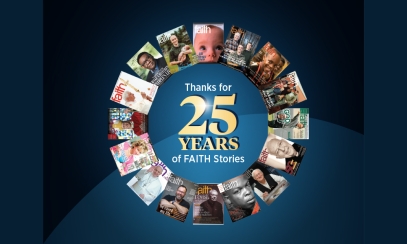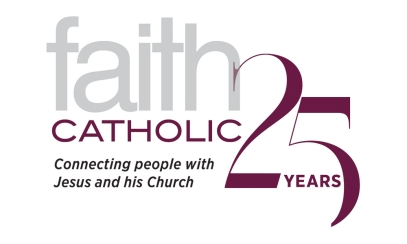What growing up is all about
We are made to belong. Perversely, we want to belong to others and at the same time we don’t want to be “bothered” by them. Our hearts hunger to belong. In our belonging we crave to be “liked.” We hunger to be admired, to be “cool,” to have others look to us. We want our parents to trust us, to give us responsibilities – but not hold us accountable. All of these discordant needs come roaring up from within us in our teenage years.
But another force wars against our belonging needs. We want to be individuals and to be individualistic. We want to be noticed but we don’t like facing crowds. We want to be rock stars but are afraid to talk in front of a crowd. We want our families to love us but we don’t want to be seen with our mothers and fathers. Our brothers and our sisters simply can’t measure up to our standards – but they are supposed to love us.
What is fascinating these days, however, is the number of teens who live adult-free and parent-free lives. Hours spent on the phone (wireless, of course), watching television, on the Internet, and with their peers are endless compared to the time spent with moms and dads.
One of the great mysteries of life, a mystery that few people ever solve, is how to “belong” and “not belong” at the same time. Strangely and paradoxically we become individuals, acquire our personalities and are individuated by belonging to our families. It is the family community that shapes its individual members. And it is the individual members that determine the character of our family community. Or it used to be. There is a question in my mind as to just how formative the family of today really is. What, after all, do we mean by the word “family” these days? What does the word “home” mean?
Another of the fascinating aspects about today’s teens is the fact that many of them are concerned about spirituality. Many, however, do not connect faith or spirituality with “going to church.” They want to individualize their faith response to God and fashion their own spirituality. They want to dedicate themselves to something greater than themselves, to devote themselves to a great cause, and above all to care for all living creatures without discrimination as to species, race, age, gender, sexual orientation, denominational boundaries or religion.
This is what I call the All Options Open generation, one that seeks to find a faith in which they can belong but remain individualized. They face an enormous struggle because it seems to me that in order to be truly interdependent with significant others, they have to surrender much of their personal freedom.
Only God can have great power and be vulnerable at the same time. But, then, learning that lesson is what growing up is all about.



